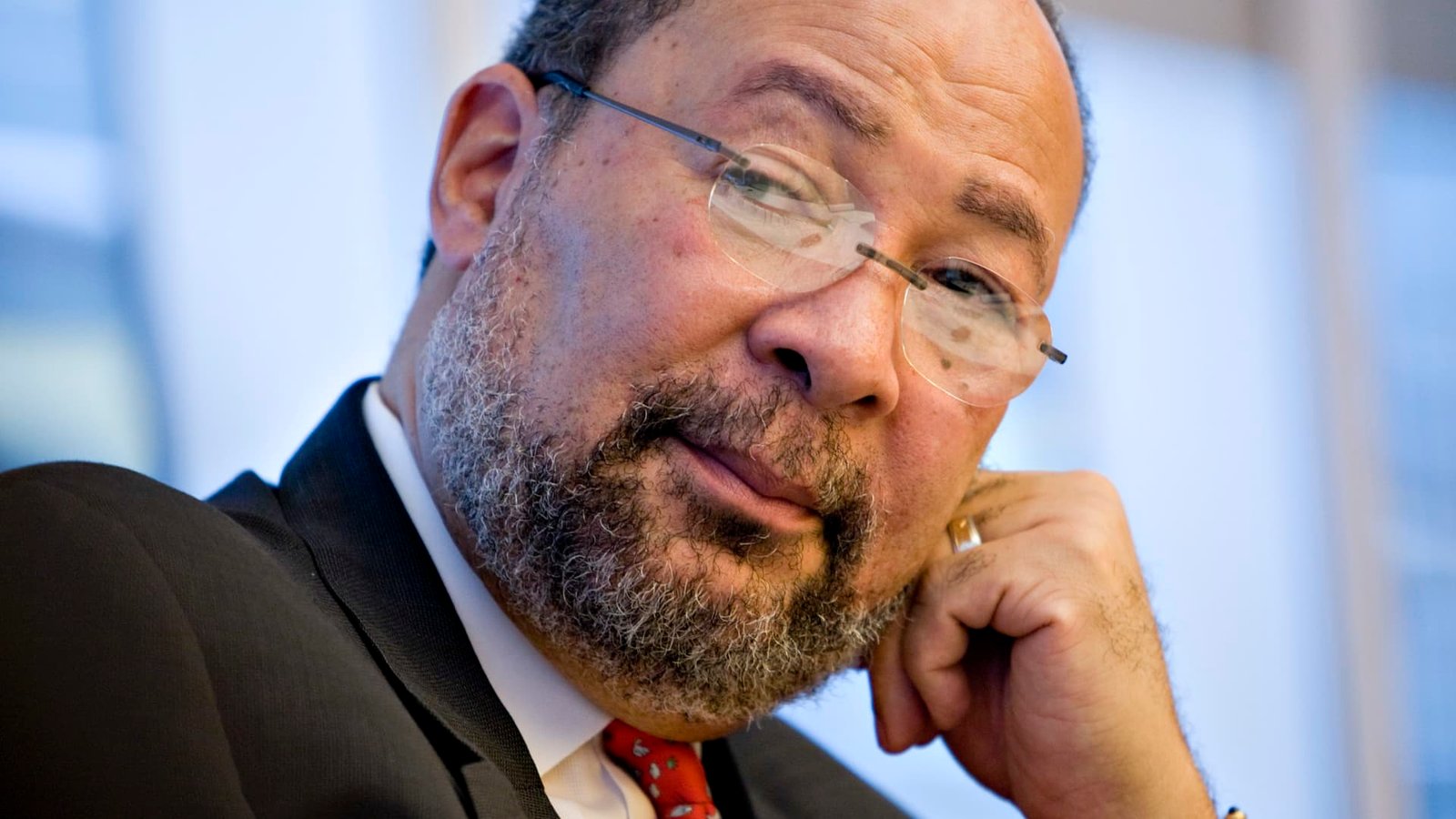About 1 in 5 Americans report that they regularly receive news from “news influencers” on social media, as per a recent study by the Pew Research Center. The emergence of social media personalities providing information was especially notable among younger users, coinciding with increased polarization related to the U.S. presidential election.
Galen Stocking, a senior computational social scientist at the Pew Research Center, described news influencers as authoritative sources for their audiences regarding global events. In the study, 65% of respondents mentioned that the information they obtained from news influencers aided in their comprehension of the world.
Nearly 40% of adults under 30 in the study stated that they rely on independent social media figures for staying informed, the highest percentage among all age groups. Democratic strategist and Columbia professor Basil Smikle noted that this shift has been ongoing since at least 2016, attributing it partly to the convenience of accessing information via smartphones.
However, Smikle cautioned that this convenience could lead to habitual consumption of potentially misleading information, as verifying the authenticity of content shared on social media platforms can be challenging. The study identified approximately 500 accounts as “news influencers,” with the majority active across multiple platforms between July and August.
The study revealed that X remained the most popular social media site among influencers, followed by Meta-owned Instagram and YouTube. TikTok ranked as the sixth most popular platform among influencers. The influence of independent social media creators on politics gained attention before and after the presidential election, with candidates leveraging social media to engage with younger voters.
The study also highlighted the role of podcasts in political communication, with candidates finding it easier to convey their message through podcasts compared to traditional network interviews. This shift in communication channels may contribute to the spread of misinformation, as social media lacks the same editorial standards as traditional news networks.
Alaina Wood, a news influencer focused on climate news, emphasized the challenge of combating misinformation before it gains traction, noting that corrections often do not receive the same level of attention as the original misinformation. The study indicated a gender disparity among news influencers, with close to two-thirds being men.
Matteo, a social media influencer known as “The Justice Guy,” shared insights on the gender breakdown and political affiliations of his audience across different platforms. He highlighted the tendency for social media users to engage with content that aligns with their beliefs, potentially reinforcing echo chambers and political polarization.
The study suggested that political divisions on social media platforms may continue to intensify over time. Influencers with explicit political orientations tended to lean towards right-leaning politics, particularly on platforms like Facebook. The impact of political stratification on social media remains a topic of concern, with potential implications for public discourse and information dissemination.




